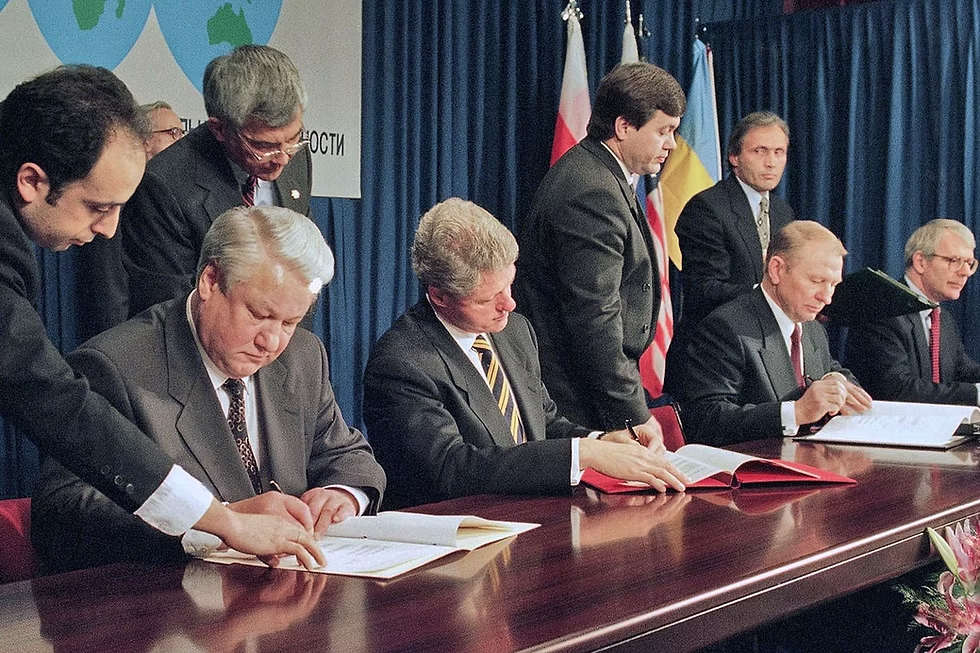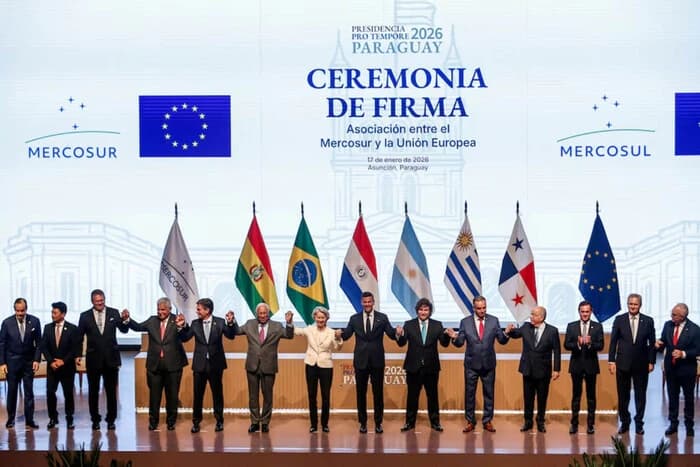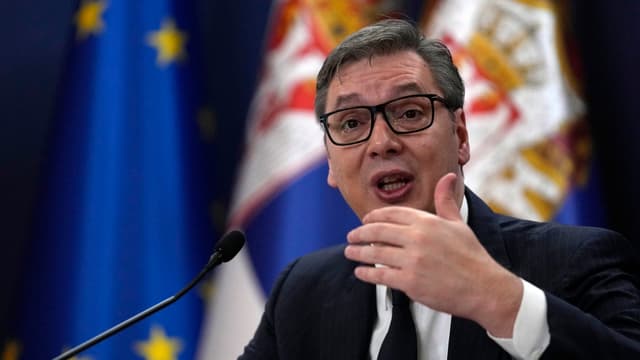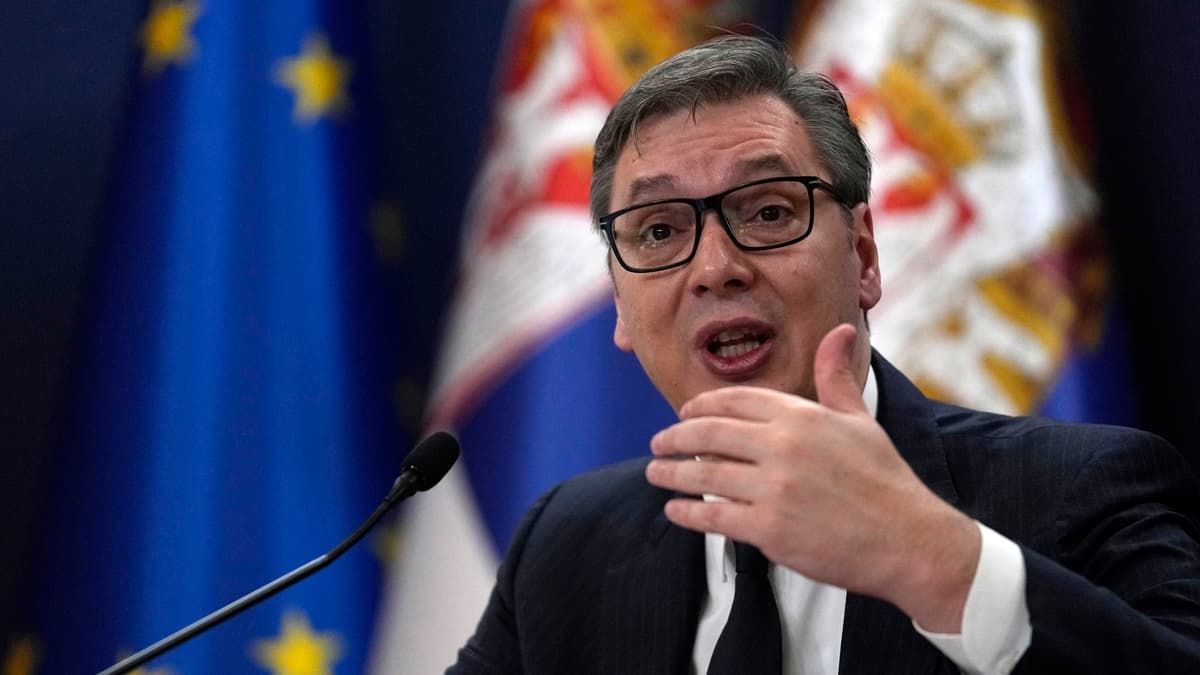Can Ukraine withdraw from the Treaty on the Non-Proliferation of Nuclear Weapons?

Fedor Kryvenkov, an intern at the think tank Resurgam
 After 1994, Ukraine became one of the world's major examples of nuclear disarmament, giving up the world's third most powerful nuclear arsenal. It would seem that in exchange for this, Ukraine should have been safe. However, Russia's invasion of Ukraine in 2014 and 2022 called into question the effectiveness of the Budapest Memorandum, the mechanisms of international guarantees and agreements on the non-proliferation of nuclear weapons.
After 1994, Ukraine became one of the world's major examples of nuclear disarmament, giving up the world's third most powerful nuclear arsenal. It would seem that in exchange for this, Ukraine should have been safe. However, Russia's invasion of Ukraine in 2014 and 2022 called into question the effectiveness of the Budapest Memorandum, the mechanisms of international guarantees and agreements on the non-proliferation of nuclear weapons.
Therefore, the question of whether Ukraine can withdraw from the Treaty on the Non-Proliferation of Nuclear Weapons (NPT) has become not only theoretical but also strategic in nature for understanding the prospects for the further development of Kyiv's security policy and relations with its partners.
Context: between the Budapest Memorandum and the Non-Proliferation Treaty
Ukraine joined the NPT (Treaty on the Non-Proliferation of Nuclear Weapons) on 5 December 1994, when a memorandum was signed in Budapest between Ukraine, the United States, the United Kingdom and the Russian Federation. In exchange for abandoning nuclear weapons, Ukraine received security assurances from the other signatory countries regarding the territorial inviolability and sovereignty of Ukraine.
However, after Russia's aggression in 2014, this document effectively lost its legal force. The signatory countries failed to fulfil a key part of the agreement – ensuring the security of the state that renounced its nuclear status. As a result, in Ukrainian political and legal circles, especially during 2024, there are increasingly frequent calls that, since one of the guarantors has violated the terms of the memorandum and the others are not fully complying with it, Ukraine has the right to question its obligations under the NPT.
According to Article X of the Non-Proliferation Treaty, a state party may withdraw from it if ‘it decides that extraordinary events related to the subject matter of this Treaty have threatened the supreme interests of its country’. Ukraine has an argument: the lack of security guarantees and the existence of an open threat to sovereignty is precisely such an extraordinary event. Formally, withdrawal is possible, but the question is the political consequences, which may be much more serious than the legal ones.
Legal constraints and possible ways to mitigate them
Ukraine is a fully-fledged party to the NPT, and withdrawal from it is provided for by international law, but requires a certain procedure. In particular, the state must notify all parties to the treaty and the UN Security Council three months before the actual withdrawal. In this sense, there are no formal obstacles to termination of participation.
The problem lies elsewhere: Ukraine has also signed a number of derivative agreements, including the IAEA Safeguards Agreement, which obliges it not to produce or stockpile nuclear weapons. Withdrawal from the NPT does not automatically cancel these obligations – the relevant international agreements must be denounced separately, which could be interpreted as a violation of international stability. There is also the problem that not all of these treaties provide for a well-thought-out method of withdrawal.
In addition, there is the argument of obligations under the UN Charter, which says that member states should avoid actions that threaten peace. Even if withdrawal is legally possible, doing it without broad diplomatic support could be seen as undermining the global non-proliferation regime, which could make Ukraine lose its status as a partner of the Western world.
At the same time, withdrawal from the NPT does not mean the automatic creation of nuclear weapons, but only opens up the right for a state to independently determine its security policy. Thus, denunciation of the treaty could become a political pressure mechanism rather than a path to remilitarisation.
International reaction: the geopolitical dimension
Ukraine's possible attempt to denounce the NPT is likely to provoke a sharp reaction from leading players.
The US and the European Union may view such a move as a threat to the international order. Western diplomacy may turn to sanctions and restrictions on military and financial aid, which currently plays an important role in Ukraine's defence capabilities. Although support for Ukraine is unprecedented today, even its allies are keen to avoid setting a precedent that would undermine the very logic of the nuclear regime. As the experience of early 2025 has shown, this assistance may also be limited due to minor differences in views on security.
Russia will use this as a propaganda narrative, claiming that Ukraine is violating its international obligations and does not deserve to be a full partner of the Western world. The Kremlin may try to push through new UN Security Council resolutions against Kyiv and seek allies among states that advocate ‘nuclear control,’ which could cause a division among democratic countries on the topic of aid to Ukraine.
At the same time, other countries, such as China, India, and Iran, will closely monitor developments, as the precedent of Ukraine's withdrawal could influence global approaches to nuclear policy.
Iran may use this as an additional argument in negotiations on its own nuclear programme.
India, which is not a signatory to the NPT, may radicalise its policy on the use of nuclear weapons.
And China may begin to openly and actively build up its nuclear capabilities, arguing that it wants to support global security and continue its policy of replacing the United States as the ‘world's policeman.’
In fact, denouncing the NPT could lead to Ukraine's diplomatic isolation or simply negatively affect the perception of the current Ukrainian political leadership in the eyes of world leaders.
Key conclusions and prospects
Ukraine has the legal right to withdraw from the Treaty on the Non-Proliferation of Nuclear Weapons, citing Article X of the NPT and violations of the Budapest Memorandum by other signatories to varying degrees. However, such a move carries significant geopolitical risks: international isolation, loss of trust among partners, and possible economic sanctions.
Ukraine has every reason to raise the issue of the fairness of the Budapest Memorandum, but withdrawal from the NPT is more of an extreme, politically risky tool than a realistic way to strengthen national security. Instead, a more realistic strategy would be to review the terms of international guarantees – demanding a new system of security guarantees enshrined in a multilateral or even bilateral agreement with the US and EU countries, which would contain specific procedures and sanction mechanisms in case of violation.
Thus, Ukraine's current vision of security lies not in restoring its nuclear status, but in creating an effective system of international guarantees that corresponds to the realities of the 21st century. This concept also demonstrates Kyiv's pragmatic approach – strengthening defence capabilities without violating international law, but taking into account the fact that trust in previous security guarantees has been irrevocably lost.

Fedor Kryvenkov, an intern at the think tank Resurgam
You may be interested









